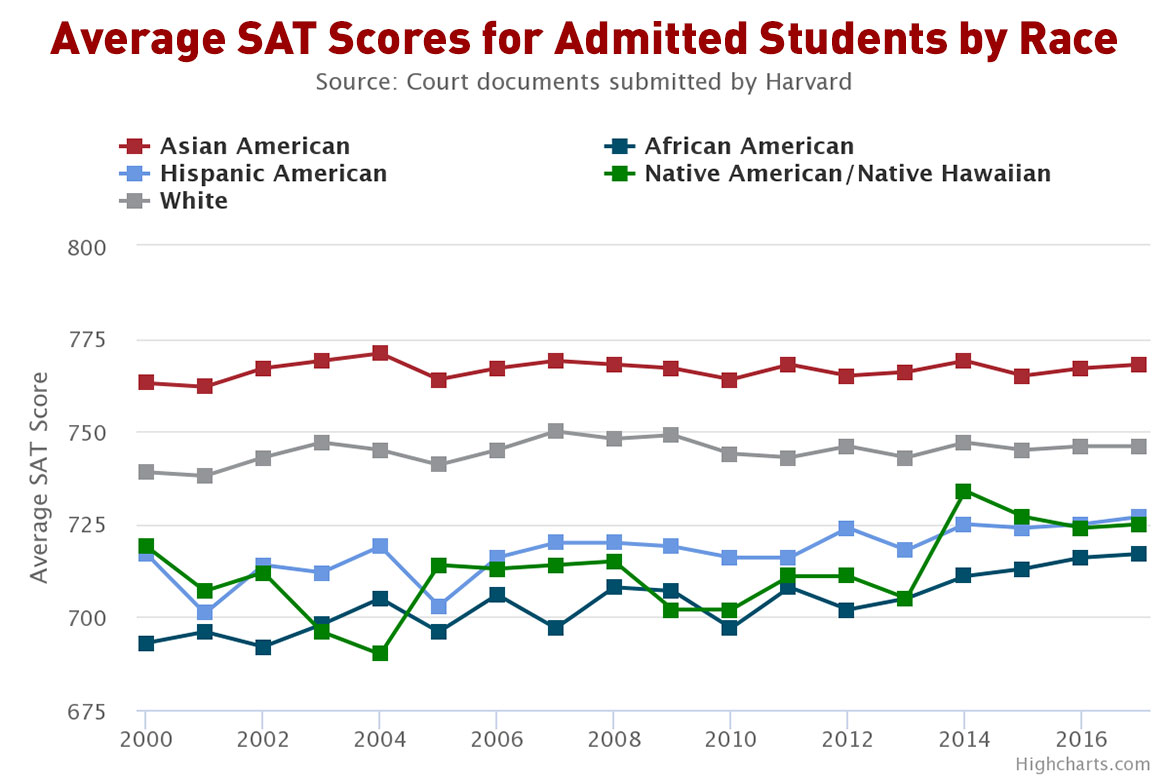Nate Silver: "Go to a state school"
Anonymous
Okay, the morons in our society are the people with Ivy League degrees. Sounds like you nor your kids have one. More likely that you are the moron. |
Anonymous
But as a grad student didn’t you do your professor’s research? Maybe you were not in STEM but professors are added as PIs to all graduate work. They actually do not contribute to the research. |
Anonymous
OP here. Just to be clear Silver only references the protests briefly and has the following footnote indicating he has a pretty nuanced take on them: "I’m going to refrain (for now) from commenting on these protests further, in part because I’ve rarely felt so lost about a news story. There’s clearly some anti-Semitism. There are clearly also some students exercising their First Amendment rights that university administrators have clumsily tried to abridge. There are clearly some students with deep, well-grounded concerns. There are clearly also some students being dumb, spoiled college kids and trying to look cool in front of their friends. And there are clearly some interlopers from outside the universities intermingling with the students. I’ve found it very hard to get a sense for what the ratios of these different categories are or what the situation looks like on the ground." |
Anonymous
But not only do I not see the trends, I don't trust that other people can do in an unbiased way based on more than their preconceived notions and a couple of experiences that they also see through their particular filter. Not to mention whether explicit agendas fit into the mix for some folks as some of the posts seem to suggest. |
Anonymous
? it was good enough to present to SCOTUS in the Harvard case. |
Anonymous
What about Asian American folks? |
Anonymous
In other words you believe you know the truth and people who see things differently are wrong. Maybe you just don't mind arrogance because you are pretty arrogant yourself. And maybe that works in your field. It does not come across well in mine. |
Anonymous
| I think there's a small degree of truth to what Silver is saying but I also don't feel he's being honest either. He's too bright to believe many of the claims listed. |
Anonymous
No, I believe that I cannot see the trends--I claim there is no discernible relationship between individual's willingness to learn/take feedback and school trends--and I don't trust that others can either. Because it's something that is very hard to see as an individual. I think of that as an appropriately humble stance. |
Anonymous
Agree. The pp sounds dumb |
Anonymous
In other words, you have an opinion on this (that there is no trend), you think people who think there is a trend are wrong, yet you think you are being "appropriately humble"? I think I can see where the disconnect is between you and me. |
Anonymous
I just doubt that reflecting on the few people you encounter represents a trend no matter what--and I think that's a more humble position--recognizing the limits of what any person can know based on their limited experience and their biased brain. The null hypothesis so to speak would be that there is no difference between people no matter what school they go to--that people are people and they vary in arrogance based on a wide range of factors. You're the one asserting a hypothesis that the type of school you go to makes a difference and you haven't provided much evidence to support that. |
Anonymous
And, unfortunately, we are getting a taste of what a major hater you are. Get some help. |
Anonymous
+1 I never realized the level of hatred towards Ivy grads until I read this forum. No wonder they refuse or evade telling people where they went to school. |
Anonymous
Wow. You sound just like the Harvard intern I supervised. He tried to make arguments using what he learned in his HKS stats class, but couldn't see the forest through the trees. Where I work this type of BS won't get you far, but I get that in some places sounding smart, even if it makes no sense, is a valuable skill. We each have different hypotheses based on our experiences. You are arguing that your experience is valid, and mine is not. That's not what humility is - I'm not sure if you actually don't know that, or that's what you've been taught to say to win an argument. But damn. Sounds like the Ivy grads I met and disliked would fit right in with you. |


